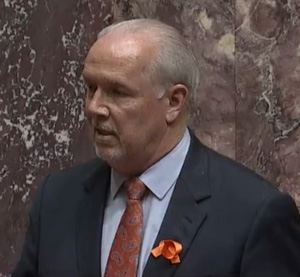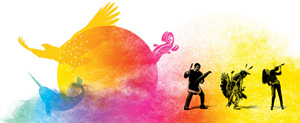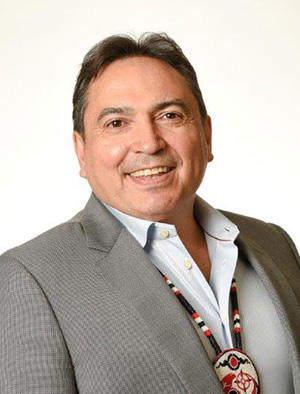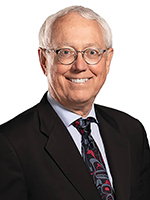Monday June 21, 2021 | VICTORIA, BC
by Mary P Brooke, Editor | Island Social Trends
Last week, as discussions were ramping up about National Indigenous Day, National Chief of the Assembly of First Nations Perry Bellegarde said on national TV (CBC’s Power & Politics) that he feels Premier John Horgan is a strong leader in indigenous issues: “He is a strong leader. He makes progress and gets things done.”
This year there is much more public attention to Indigenous issues given the recent discovery of 215 bodies buried on the grounds at the former Kamloops Indian Residential School.
In swift order, the House of Commons passed a motion to declare a national statutory holiday National Day for Truth and Reconciliation, now set for September 30 each year.
Last week when there was a minor hubbub in the City of Victoria upon cancelling their usual Canada Day celebrations (mostly fireworks at the Inner Harbour on the night of July 1) as a way to refocus attention on Indigenous issues, Premier John Horgan suggested that making an effort to recognize National Indigenous Day on June 21 might be more appropriate.
Here on Vancouver Island, Mitzi Dean, MLA (Esquimalt-Metchosin) says “let us all recommit to advancing reconciliation and building a BC where every Indigenous person can thrive with their culture, language and rights recognized and respected”.
June 21, 2021 is the national 25th anniversary of celebrating the heritage, diverse cultures and outstanding achievements of First Nations, Inuit and Métis peoples.
On June 21, 2021 Premier John Horgan and Murray Rankin, Minister of Indigenous Relations and Reconciliation, have issued the following statement marking National Indigenous Peoples Day:
“On National Indigenous Peoples Day, we honour the leadership, resilience and strength of First Nations, Inuit and Métis peoples throughout British Columbia and across Canada. It is a day to recognize the immense contributions of Indigenous peoples to every facet of our province.

“As we honour and celebrate Indigenous communities today, we must also recognize the systemic racism, discrimination and intergenerational trauma Indigenous peoples have experienced and continue to experience. These harms are a daily, lived reality for Indigenous peoples.
“We acknowledge and share the grief with the Tk’emlúps te Secwépemc, and all residential school survivors and their families, as they mourn for their stolen children. We know there are many other sites throughout our province that are still the source of unanswered questions and unimaginable pain for Indigenous communities. We still have much work ahead of us.
“So, today on National Indigenous Peoples Day, we recognize that reconciliation is a hard and essential journey that we will make together. Our government recognizes the responsibility we have to advance reconciliation in partnership with Indigenous peoples, and we are walking this journey side by side.
“The United Nations Declaration on the Rights of Indigenous Peoples remains a touchstone on our path forward together. Through B.C.’s Declaration on the Rights of Indigenous Peoples Act, we are working closely with Indigenous peoples on a draft action plan to meet the objectives of the UN Declaration. The act sets us on a path that recognizes and respects Indigenous rights as human rights, creates more opportunities for people and communities, and commits our government – and future governments – to action on reconciliation, not just words.
“As we face our collective truth on the generational impacts of our colonial history, let us work together and take action, so we can better understand our shared history, accept and learn from it and work together to make things right. Together, we will continue to build a more equal and more inclusive British Columbia for generations to come.”
Federal comments:
“Indigenous Peoples have been waiting on meaningful concrete actions from the federal government to right the wrongs of Canada’s genocidal policies that targeted Indigenous families and communities,” said NDP Leader Jagmeet Singh today in a statement. He calls on educational institutions, museums and all levels of government to “convey Indigenous perspectives and narratives, so we know what needs to be done for true and genuine reconciliation”, Singh said.
Today federal Conservative Leader Erin O’Toole posted on Twitter: “On Indigenous Peoples day we celebrate the First Nations, Métis, and Inuit peoples in Canada. There is a long way to go on the path to reconciliation, but I stand with all peoples as we work for a better, stronger future.”
Background on National Indigenous Peoples Day:
National Aboriginal Day (now National Indigenous Peoples Day) was announced in 1996 by then Governor General of Canada, Roméo LeBlanc, through the Proclamation Declaring June 21 of Each Year as National Aboriginal Day. This was the result of consultations and statements of support for such a day made by various Indigenous groups:
- in 1982, the National Indian Brotherhood (now the Assembly of First Nations) called for the creation of National Aboriginal Solidarity Day
- in 1995, the Sacred Assembly, a national conference of Indigenous and non-Indigenous people chaired by Elijah Harper, called for a national holiday to celebrate the contributions of Indigenous Peoples
- also in 1995, the Royal Commission on Aboriginal Peoples recommended the designation of a National First Peoples Day
On June 21, 2017, the Prime Minister issued a statement announcing the intention to rename this day National Indigenous Peoples Day.
Editor’s Note: The 2021 Assembly of First Nations election for National Chief will be held on July 7. Presently there are seven candidates, none of which are from BC. Current National Chief Perry Bellegarde is not running for re-election. A majority of at least 60 percent of the votes is required for electing a new chief.






